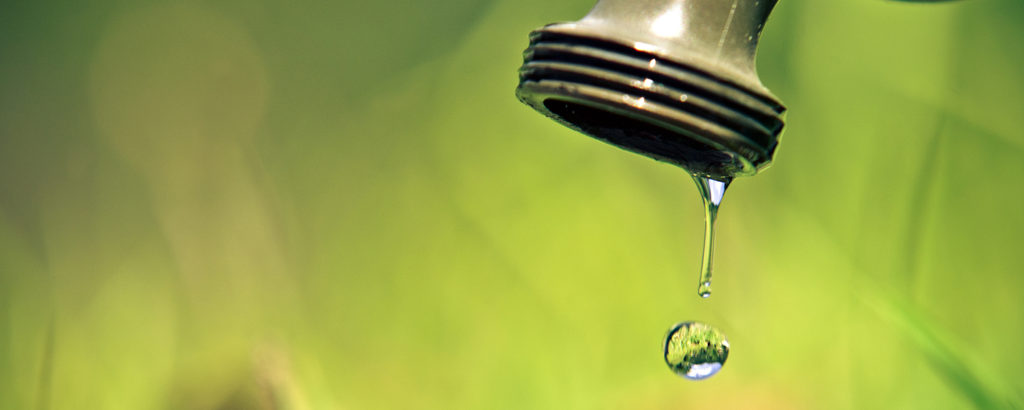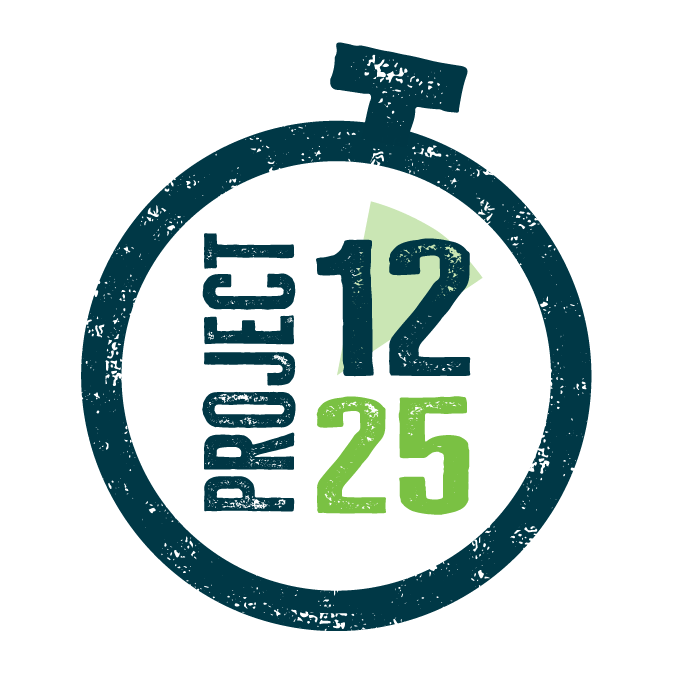Tips
Handy tips for keeping your water usage down this summer:
In the kitchen
- When peeling vegetables or washing dishes, don’t leave the water running: plug the sink and then run the water.
- Make sure your dishwasher is full before you run it as dishwashers use a considerable amount of water. Also, don’t rinse your dishes first: scrape them and let the dishwasher do the cleaning.
- Check all taps are turned off properly.
- Keep a water jug or bottle in your fridge instead of running the tap cold to get a cool drink of water.
- Don’t use running water to defrost your food. Allow it to defrost overnight in the refrigerator or use your microwave to defrost food straight from the freezer.
- Use a pressure cooker, microwave or steamer to save water. Simmer rather than boil your food and use tight lids to prevent evaporation.
- Water used to cook boiled food can be re-used in soups or casseroles – or let it cool down and use it to water your garden.
- Your plants will appreciate food scraps added to the compost heap! A lot of water is wasted running a waste disposal unit.
In the garden
- Use compost on your garden to trap moisture. Compost also provides essential nutrients – and prevents weeds from growing.
- Don’t water on windy days: much of the water will evaporate and/or go where you don’t need it.
- Collect rain water to water your garden.
- Use recycled water (also known as grey water) that you have collected in your home to water your garden.
- Don’t cut the lawns too short. Lawns with more grass blades will hold water and require less irrigation.
- Use a broom to sweep paths rather than a hose.
- Plant drought-resistant species in your garden. Native plants require less water than exotic plants.
- Water your garden late in the evening or early in the morning. You will use less water and there is less risk of harming your plants
- Check the weather forecast before you water your garden: Mother Nature might take care of your garden watering needs.
- Use a trigger hose to water the garden, not a sprinkler, to control where and how much water is used. Also, aim for the roots, not the leaves.
- If your car needs washing, do it on the lawn and it gets watered as well. Use a bucket and brush for washing; only use the hose for rinsing.
In the bathroom
- Usually a shower uses less water than a bath. However, some showers use 25 litres a minute or more; if so a partly full tub may be the best way to go. Ultimately a quick four-minute shower is the best option.
- While you are waiting for the shower to run hot get a bucket and collect the cold water. This water can then be used for rinsing dishes or watering plants.
- Don’t leave the water running especially when you are brushing your teeth or shaving. You can also put the plug in the sink while you are washing your hands, and turn the shower off while you are shampooing your hair.
- Talk to your plumber about lowering your water pressure. The higher your water pressure, the more water you will waste.
- Don’t use the toilet to flush items such as tissues or anything else that could go in the rubbish bin.
- Check your toilet for leaks. Ask a plumber to fix corroding or bent fixtures or invest in a new, more efficient toilet.
- To reduce the amount of water per flush put a small plastic bottle filled with water in the cistern, making sure it does not interfere with the flush mechanism. Do not use a brick as it may damage the cistern or the plumbing.
In the laundry
- Wait until you have a full load before running the washing machine.
- Select the correct water level setting on your washing machine to match the size of your load.


